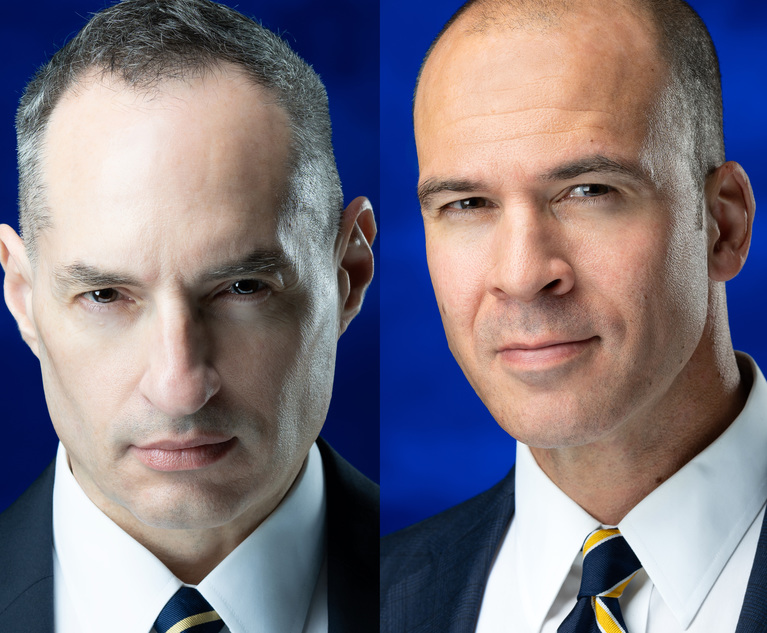The recent photo of California Gov. Gavin Newsom meeting with President Xi Jinping of China raised questions in some quarters about why a state governor was meeting with a foreign premier. A natural first reaction is that states can’t do foreign policy, which is the federal government’s exclusive domain. But the real question is: Where is it written that a governor is barred from representing their state’s interests abroad?
Looking first at the powers expressly withheld from the states by the federal Constitution’s text, several sections seem relevant. Article I, Section 8 assigns certain powers to Congress; Article II, Section 2 assigns specific powers to the president; and Article II, Section 10 bars the states from doing some things. Either expressly or by necessary implication, the states lack all those powers. A state cannot, for example, sign a treaty or agreement with a foreign power (Article I, Section 10, clause 1 and 3; Article II, Section 2, clause 2), appoint ambassadors (Article II, Section 2, clause 2), or regulate foreign commerce (Article I, Section 8, clause 3). So long as a state governor travels as a governor (not an ambassador) and signs no treaties, nothing in the federal constitution’s text bars a meeting like that between Newsom and Xi.


 (L-R)David A. Carrillo and Stephen M. Duvernay of the California Constitution Center at Berkeley Law. Courtesy photos
(L-R)David A. Carrillo and Stephen M. Duvernay of the California Constitution Center at Berkeley Law. Courtesy photos




